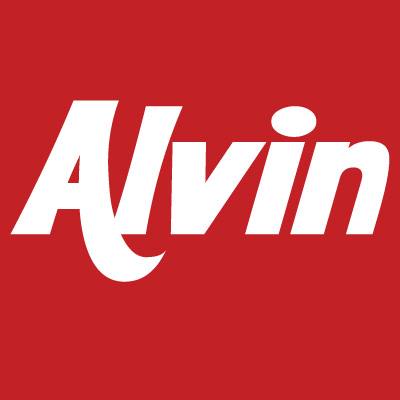
There is a whole lot of change and rollover at large companies. An employee is hired to do one job, but that position may change drastically within the span of years, months, or even days. This change and transformation of a position may be good, or it may be horrible. Most of the time, this transformation happens in a subtle way, being only noticeable after a long period. Think of it as hair growing. You know it’s happening, but you can not really see daily progress. What I am driving at is, after years of these subtle changes, a company may have people in roles that do not align with their skills and interests. A job that one employee was hired to do, may be completely different after years. We just came across a new company that helps businesses combat this degradation of their workforce. AlvinHR has built a software platform to help companies optimize their talent. We had a chance to ask the AlvinHR team a few questions about their platform:
AlvinHR
What is AlvinHR?
AlvinHR creates software to help companies optimize their talent. We help companies learn about their employees are using short weekly surveys asking how happy they are with their work, asking for open ended feedback and other questions to determine their alignment to the organization. Rather than huge one a year employee surveys, we help companies get actionable feedback in a very short period of time. The software aggregates responses into a Happiness Index, which allows management to track, over time, if changes in the company are having a positive impact. Changes in employee happiness and engagement can lead to raising sales by 37%, productivity by 31%, and accuracy on tasks by 19%.
Why did you guys build AlvinHR?
As it becomes easier and easier to outsource (to other apps) the administrative portion of HR (you can use software to manage benefit plans, payroll, perks and others), teams will need to focus their attention on optimizing these programs for their own business, as opposed to running the programs. This focus can help move real business growth and cost metrics (for instance reducing retention can decrease costs dramatically and increased productivity can increase sales). Traditional focuses have not helped with retention (a significant direct and indirect cost for business), 84% of Americans are unhappy with their current job and one in three US employees are serious about leaving their current jobs. Some of the best companies in the world, Google for example, use data to learn what programs deliver the highest return on investment, using AlvinHR companies can get that level of sophistication.
How is AlvinHR different from what is currently available?
We focus on immediate and actionable results. We also focus on happiness. Traditional focuses, such as employee engagement, don’t seem to be working. In fact, employees were the unhappiest they have been in their 22 years of tracking job satisfaction rates in 2011. Retention hasn’t been helped either, 84% of Americans are unhappy with their current job and one in three US employees are serious about leaving their current jobs. By focusing on employee happiness we are giving companies a better way to manage their talent.
Tell us your founding story. Was there an “ah ha” moment?
I have been working in talent consulting for about 10 years and have seen that the traditional metrics organizations use for optimizing talent are not working. Currently 70% of US workers are either not engaged or actively disengaged with their work. Additionally, nearly 1 in 3 employees are serious about leaving their current jobs. This has a massive impact on the ability for companies to work at their best level. Especially, since jobs are becoming more and more knowledge based, companies need to be thinking how companies optimize their talent.
Tell us about your founding team and their backgrounds.
Matt Walker – former talent consultant who has worked in the field for about 10 years. He ran the analytics practice at a Canadian consulting firm, before getting an MBA. Following his MBA he has been working on talent and strategic assignments.

